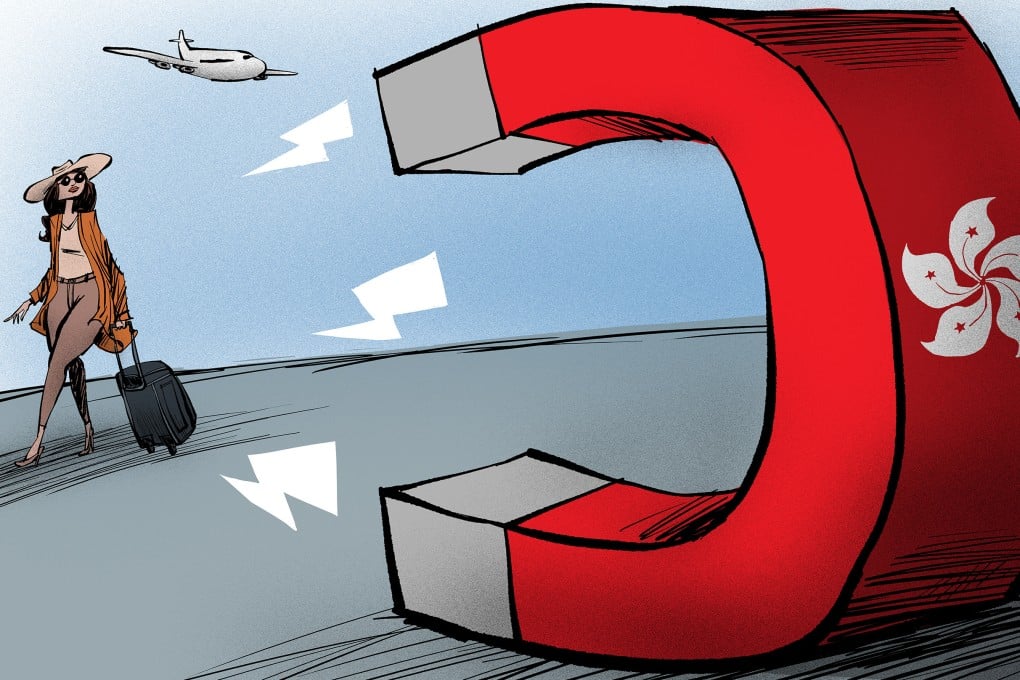Opinion | Hong Kong tourism must level up to draw quality travellers
- If Hong Kong wants to breathe new life into its tourism fortunes, it must tap the best minds in the industry and their vast experience

When I learned of the closure earlier this year, I was not surprised but contemplated how much energy and resources had been invested in the project so the venue could open before the 2008 Beijing Olympics. It was personal for me as I was the project manager for the Kengo Kuma-designed hotel in the heart of the Sanlitun area in Beijing.
This is not an obituary of the death of a commercial product, only a reflection of the reality of the high-end hospitality market in mainland China. Hong Kong is no exception to this challenge. On the surface, the Hong Kong hospitality sector’s overall average occupancy rate of around 80 per cent seems to indicate a healthy recovery. However, if we discount the low-to-mid-end products, luxury hotels’ occupancy rate stands at about 54 per cent, meaning they are only half-full.

